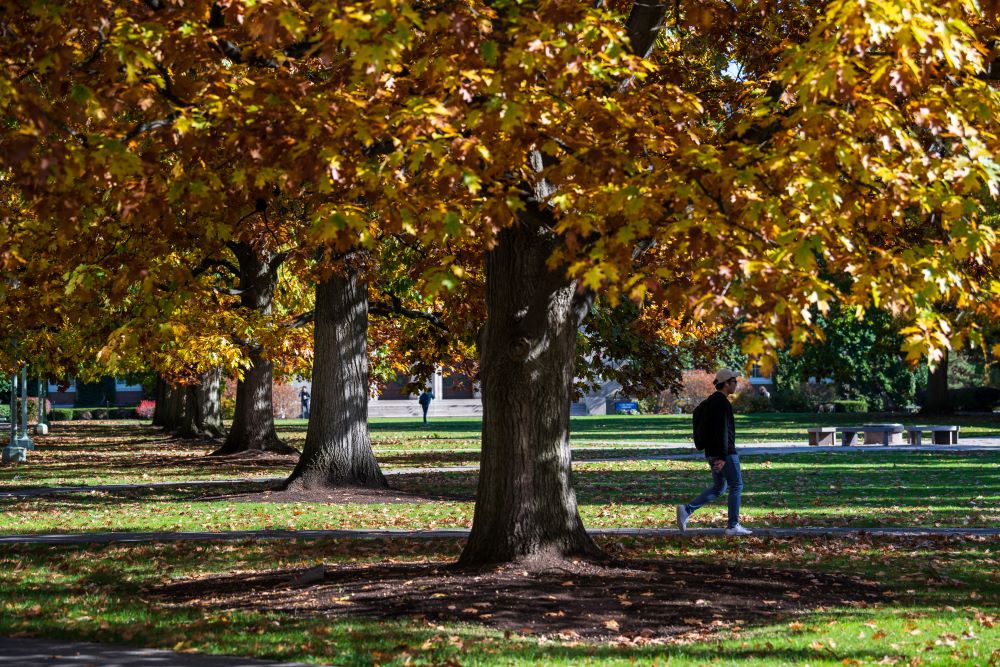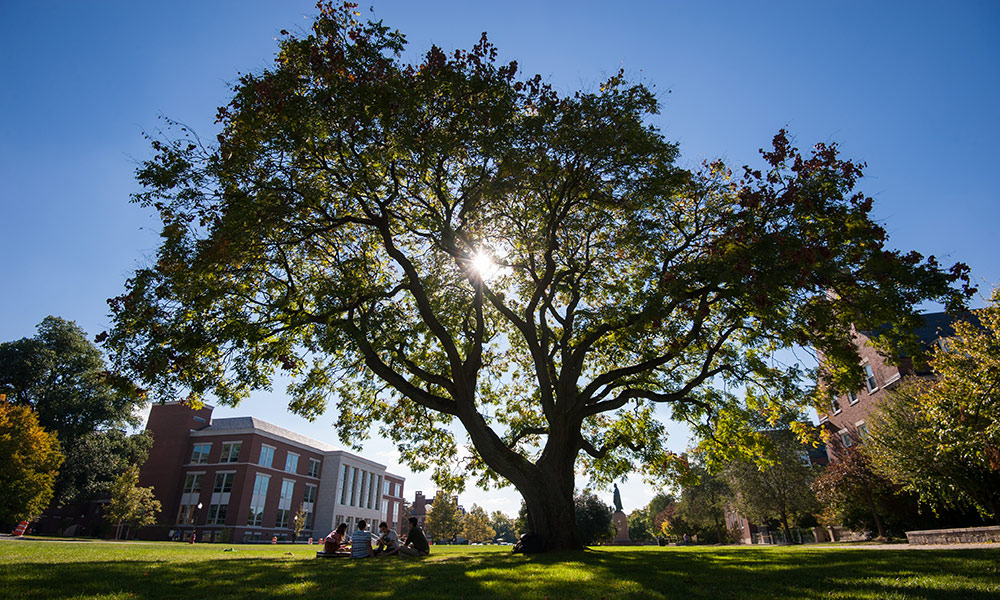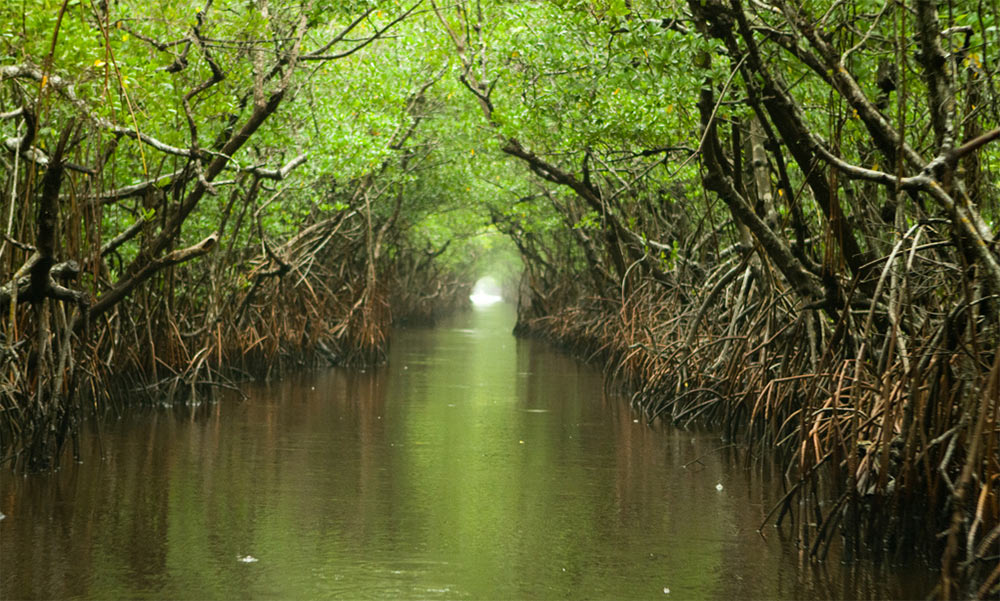
University News
Tree Campus USA honor highlights a decade of conservation achievement
August 3, 2020
The University has been recognized by the Arbor Day Foundation as a Tree Campus USA Institution for the 10th straight year.







